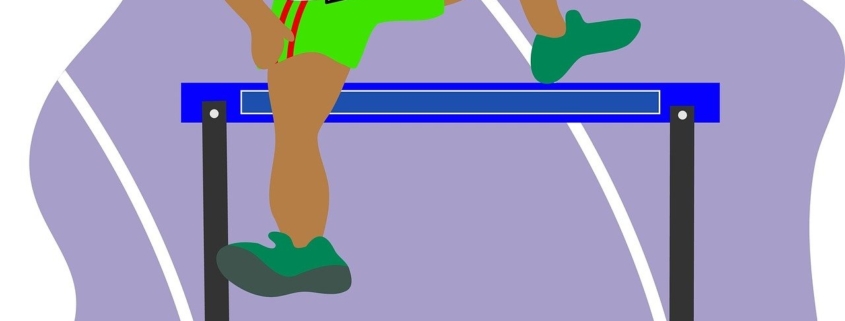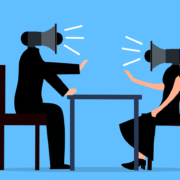How to Overcome Obstacles to Your Mental Health Goals
Author: Kathryn Lodwick-Jones
Setting mental health goals is an essential step toward achieving emotional well-being, but the journey isn’t always smooth. Life’s challenges, both internal and external, can make progress difficult. Understanding and addressing these obstacles is key to staying on track. Here are some tips for how you can overcome common barriers to achieving your mental health goals.
1. Identify Your Obstacles
The first step in overcoming barriers is to identify what may be getting in your way. Maybe it’s a lack of time, the presence of self-doubt, or an unsupportive environment. Maybe it’s unrealistic expectations, lack of social support, or limited resources. When we’re able to identify our obstacles we can better create targeted solutions like setting SMART goals.
2. Challenge Negative Self-Talk
Negative self-talk can be one of the biggest barriers to achieving mental health goals. Thoughts like “I’ll never get better” or “This is too hard” can impede your motivation. In these moments, practice self-compassion and replace negative thoughts with affirming ones, such as “I am making progress” or “It’s okay to take small steps.” Journaling or working with a therapist to recognize recurring patterns or situations that impede your progress can also help.
3. Build a Support System
Receiving support from friends, family, or a mental health professional can help mitigate feelings of isolation or stuckness. One way we can both feel less alone and also hold ourselves accountable to our progress is by sharing our goals, successes, and challenges with our support system. When people we trust offer encouragement and care, we often feel more capable. Consider joining a support group or seeking therapy to gain additional guidance. Remember, you don’t have to face challenges alone!
4. Set Realistic and Flexible Goals
Unrealistic goals can lead to frustration and burnout. Break your larger objectives into smaller, more manageable steps. For example, if your goal is to reduce stress, start by better managing your stress responses. You can practice breathing exercises when you wake up in the morning, create a wind-down routine before bed, or engage in a stretching ritual during the day to center and reconnect with your body. By establishing a consistent but approachable routine you build the confidence and drive to progress to longer mindfulness practices. Remember to allow room for flexibility and adjustments as progress may not always be linear. Sometimes feeling stuck or even regression are part of the journey forward.
5. Develop Healthy Coping Strategies
Stress, setbacks, and life’s unpredictability are inevitable. Having healthy coping mechanisms in place can help you stay focused and grounded. Some effective techniques to manage your emotions include exercise, mindfulness, and engaging in creative outlets. These practices serve as constructive ways to handle stress and reconnect with your sense of self. Try experimenting with different methods to find what works best for you!
6. Celebrate Progress, Not Perfection
It’s easy to focus on how far you have to go rather than how far you’ve come. Celebrate small victories, whether it’s attending a therapy session, completing a mindfulness exercise, or simply getting out of bed on a tough day. Acknowledging progress can boost your motivation and reinforce positive habits. Achieving your mental health goals is a journey, not a destination. By recognizing obstacles and employing strategies to overcome them, you’ll be better equipped to navigate the path toward well-being. Remember, every step forward is a step in the right direction and being responsive and adaptable is the key to long term success!
Here are some resources to help you with overcoming obstacles:
- Mental Health Resolutions for the New Year https://equilibriapcs.com/5-mental-health-resolutions-to-start-the-year-right/
- How to Plan Your Mental Health Goals for the New Year https://equilibriapcs.com/how-to-plan-your-mental-health-goals-for-the-new-year/
- The Benefits of Exercise for Mental Health https://equilibriapcs.com/the-exercise-mental-heath-connection/
Equilibria is a group of licensed mental health professionals in Pennsylvania and New Jersey with multiple specialties to serve all aspects of our diverse community’s mental, emotional, and behavioral needs. We provide in person and telehealth services to individuals of all ages, families, and those in relationships. Click here to schedule an appointment today.








